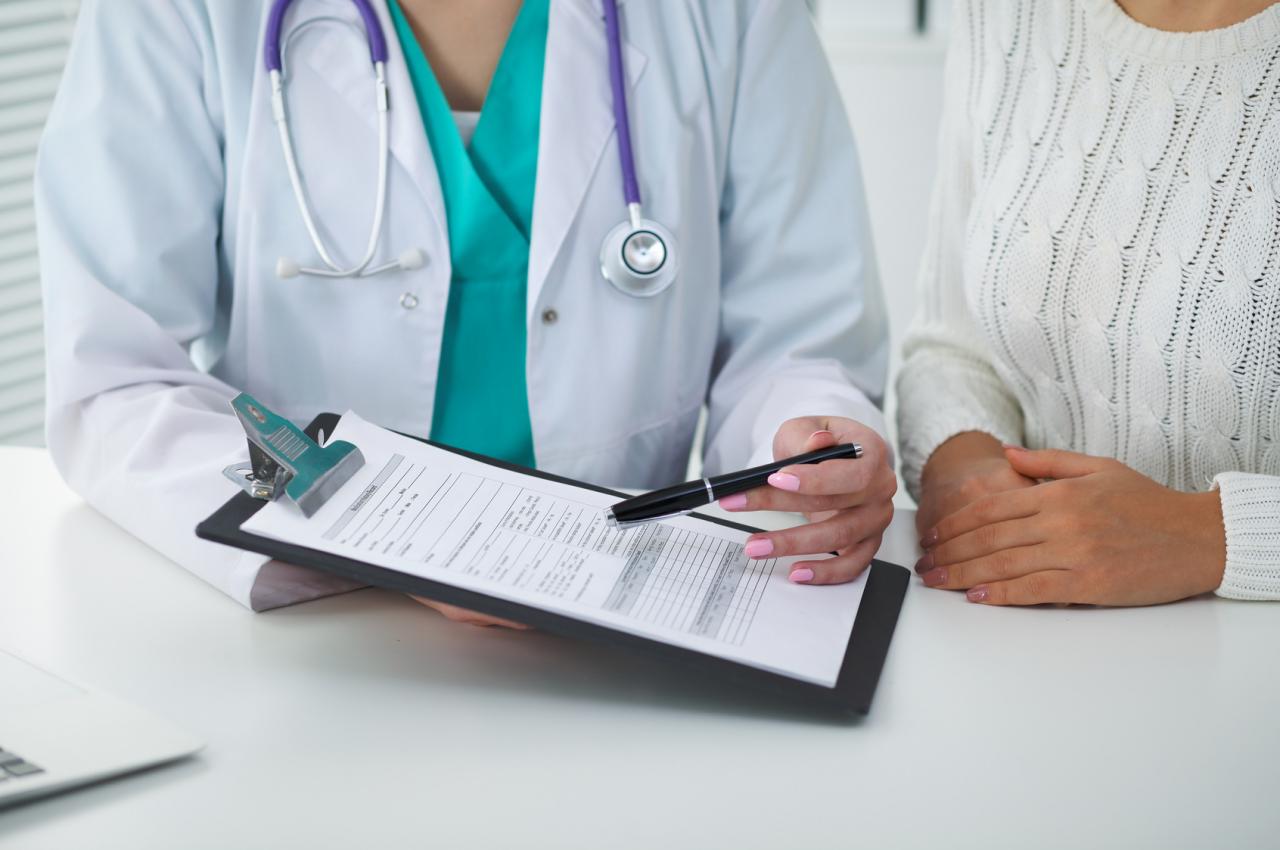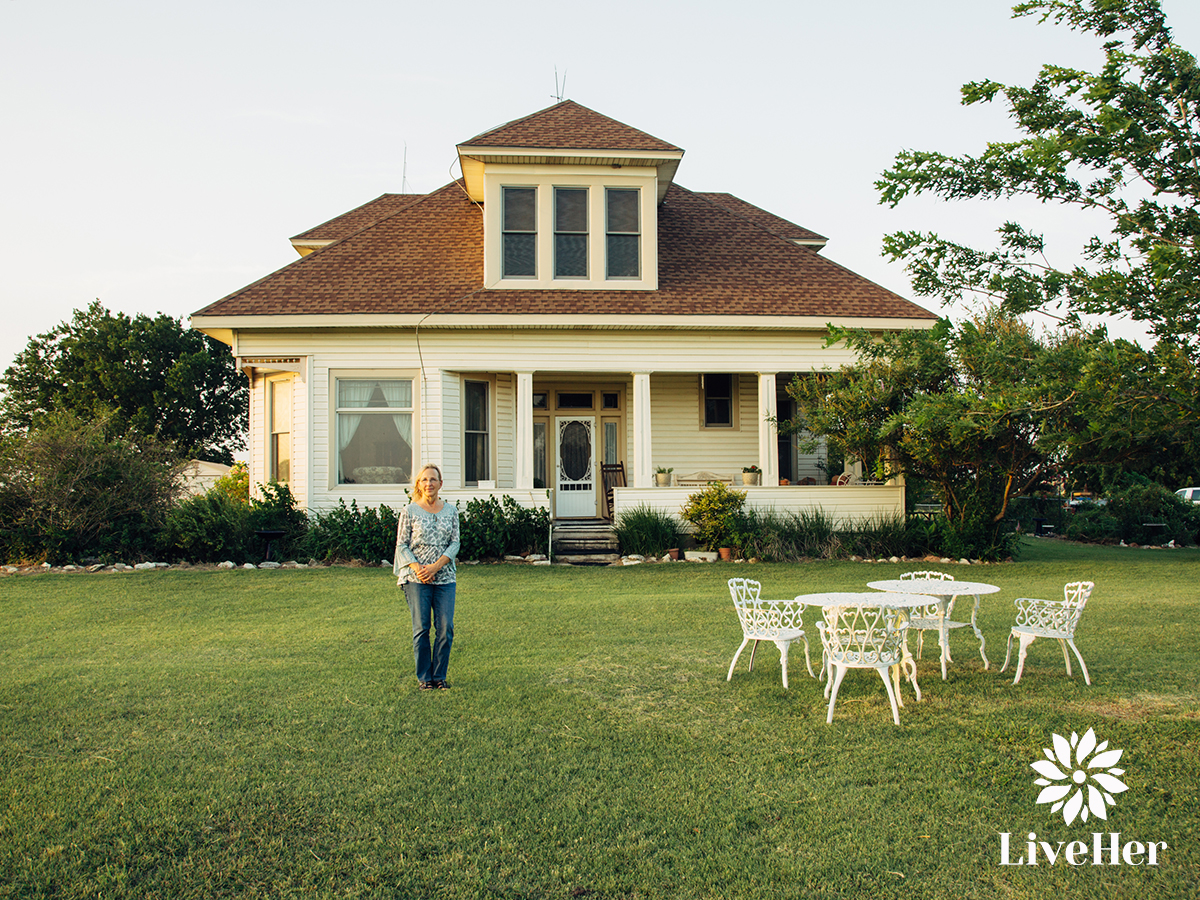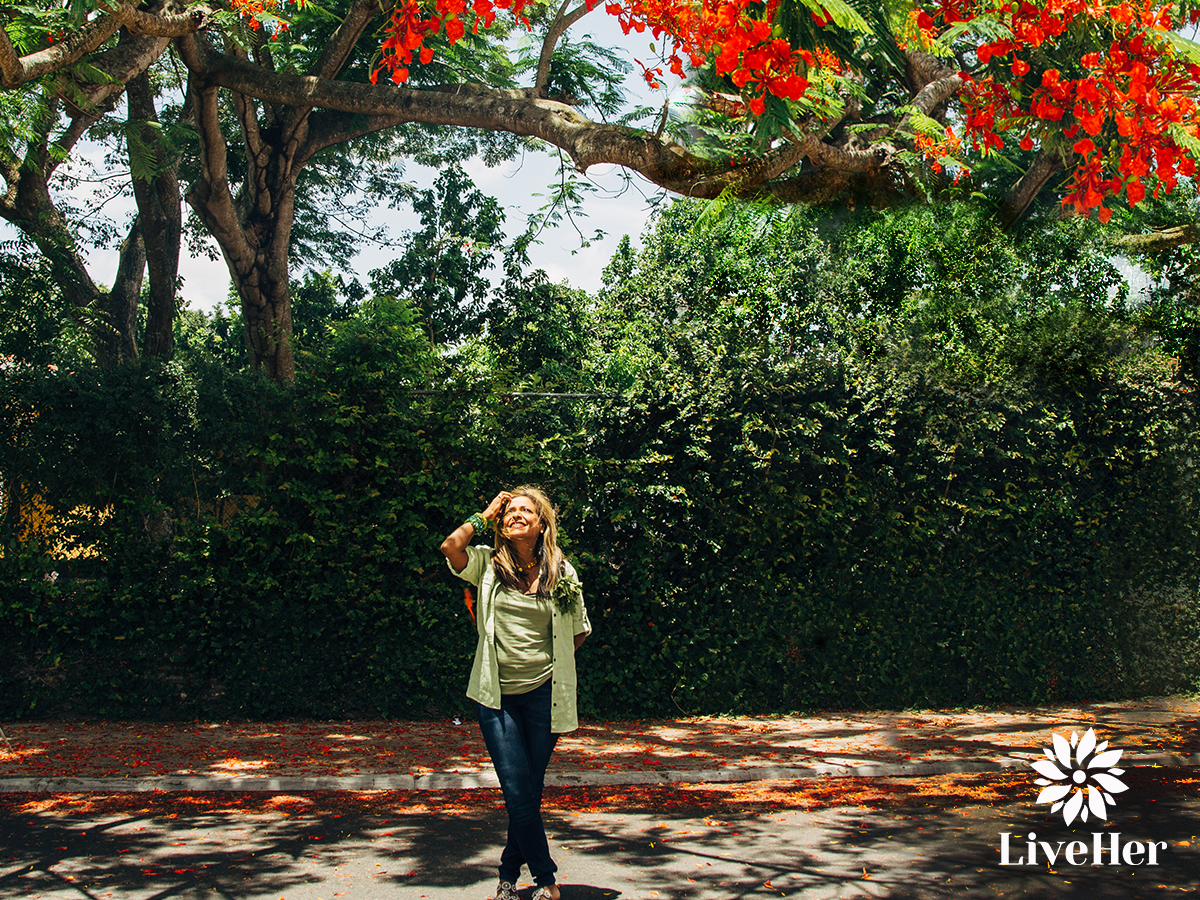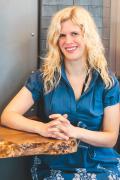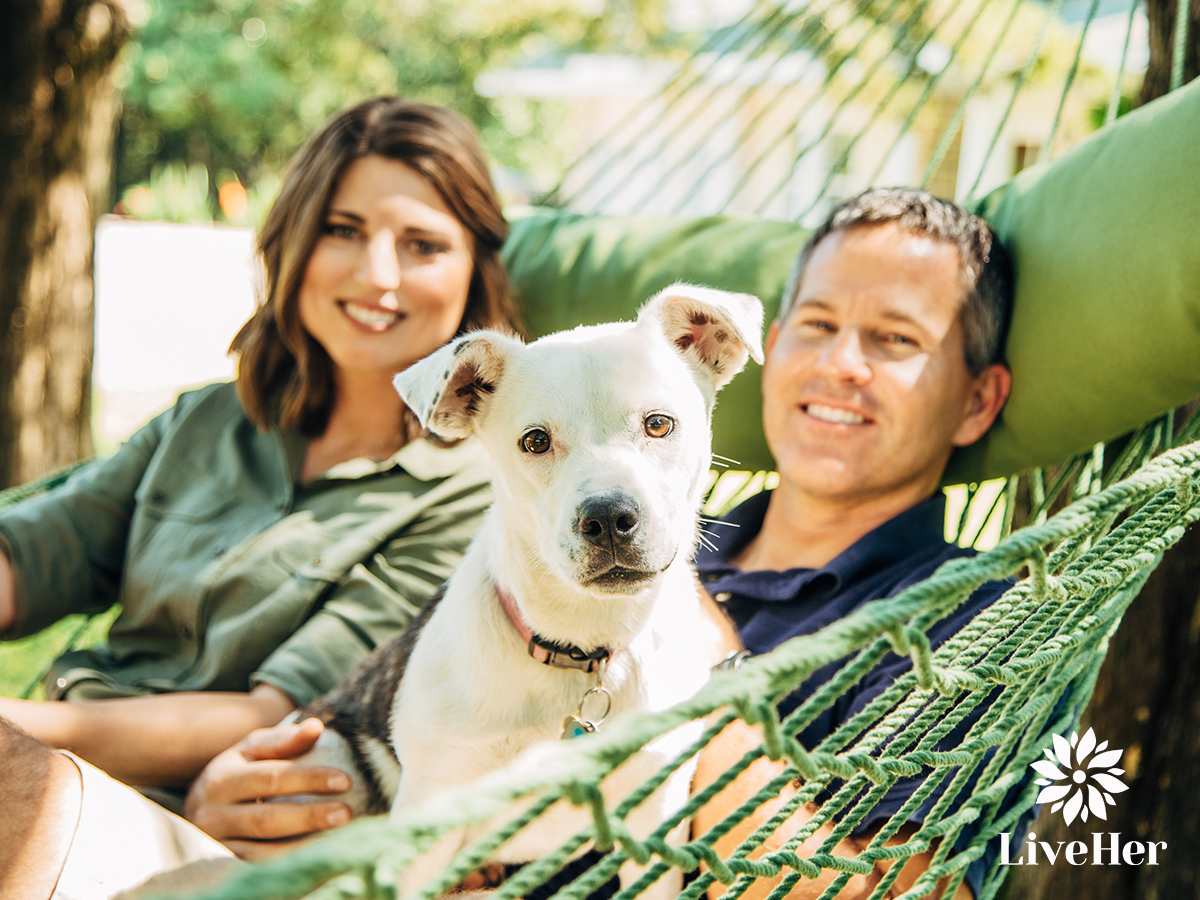
“I think this diagnosis has helped me to focus on what is most important.”
Brandi is one of those women who is pleasant to speak with from the get-go. Friendly, personable and interesting, she lives with her husband, dog and cat in Springfield, Missouri on a 17-acre plot in the house they built from the ground up. She loves being outdoors and pursues activities like hiking, camping and canoeing.
However, in 2014, Brandi started having several strange symptoms that led her to the diagnosis of Primary Biliary Cholangitis, also known as PBC. “It was an emotional rollercoaster,” she reflects as she thinks about her year plus journey to diagnosis. Her story is inspiring to all, as it highlights the importance of early detection.
Let’s start at the beginning. What first led you to the doctor in 2014?
At first I thought that I was struggling with a thyroid problem, or maybe a virus. I began waking up feeling fatigued and my hair even began to fall out, which is not a commonly found symptom in PBC. I slowly started to not feel like myself. I ended up going to the doctor and was shocked when she said that my blood tests revealed high liver enzymes. Despite my family history, being only 32 at the time, we did not suspect liver disease. A year and a half later, after multiple doctor visits and tests, I was referred to my wonderful gastroenterologist, who accurately diagnosed me with PBC.
What is PBC?
PBC is a rare, progressive autoimmune disease that affects the bile ducts in the liver. It primarily affects women, with the average age at diagnosis being in the mid-to-late 50s.
You mentioned your family history. Tell us more.
My grandmother had PBC and unfortunately passed away before I received my own diagnosis. Since PBC is a rare disease, I was very frustrated that I never had the opportunity to talk with my grandmother about our shared disease.
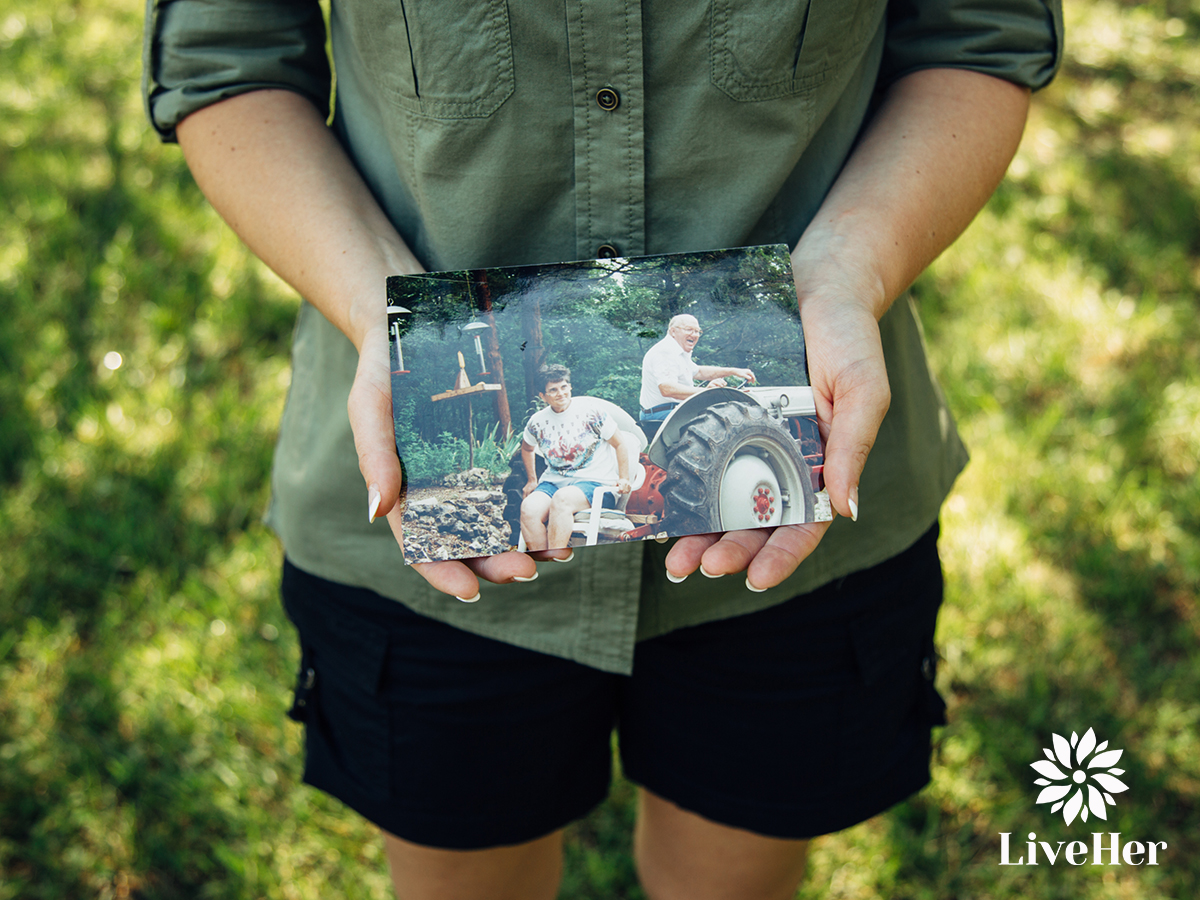
Brandi holding photographs of her Grandmother.
From what you know, how was your journey different for you and your grandmother?
My grandmother did not have the same options and resources available to her that we do today. When she was alive, she didn’t have access to helpful online resources, like www.LivingWithPBC.com or www.MyPBCCoach.com, that provide information about PBC and feature stories of women living with it. Treatment was also limited up until a couple of years ago. But now, the PBC community has two FDA-approved medications that they can discuss with their doctors.
What was the first thing you did once you received the news of your diagnosis?
The first thing I did was call my husband and parents. There was a grieving process and a great deal of fear because I didn’t know what this meant for my life. I jumped online and started doing research, but unfortunately felt lost because I wasn’t sure what was accurate and what was not.
The next thing I did was connect with support groups. This was a turning point for me because it was the first time that I met others who had the disease and felt empowered with accurate information to face my future. After talking to women with similar struggles, I knew that I wanted to help other PBC patients feel as empowered as I do now. That is why I am passionate about sharing my story! Currently, I am trying to inspire PBC patients through my participation in this photography project called LiveHer.
Tell us more about LiveHer.
LiveHer is a new national photography project that I am proud to be a part of. It features a powerful collection of photos shot by an amazing photographer - Emily Blincoe, whose mom also has PBC. These photos offer a look into the reality of our lives, and how we work every day to overcome the challenges of PBC and take control of our health so we can truly thrive. I hope these pictures will help inspire people to take control of their own health and to get early screenings of their liver health through routine blood work.

“This was a turning point for me because it was the first time that I met others who had the disease and felt empowered with accurate information to face my future.”
What has having PBC taught you?
I think this diagnosis has helped me to focus on what is most important. Sharing my experience is part of that because I want to focus my efforts on encouraging others. I want people to know they are not alone. I have also learned to accept that since PBC is a chronic disease I will have for the rest of my life, I am going to have to make good decisions for myself.
What are some of those good decisions?
Every time we say no to something, we are saying yes to something else! With PBC, I am constantly learning my limits, physically as well as mentally. I have a stressful job as an Executive Director of an organization that helps victims of violent or sexual crime. So, I experience emotional fatigue along with my PBC fatigue. I have also become more attuned to my needs, my limits and myself. I have learned not to feel guilty when I take time for myself. Now, my husband and I do things together intentionally to help us recharge and feel rejuvenated.
How do you keep your attitude so positive?
I have so much life to live. PBC is not going to keep me hiding at home. I’ve realized that I have so much to give back to this world and that we have to celebrate the things we can do. Yes, there are ups and downs, but we collectively should celebrate the things that make us special and unique and capture those moments that make us thrive.
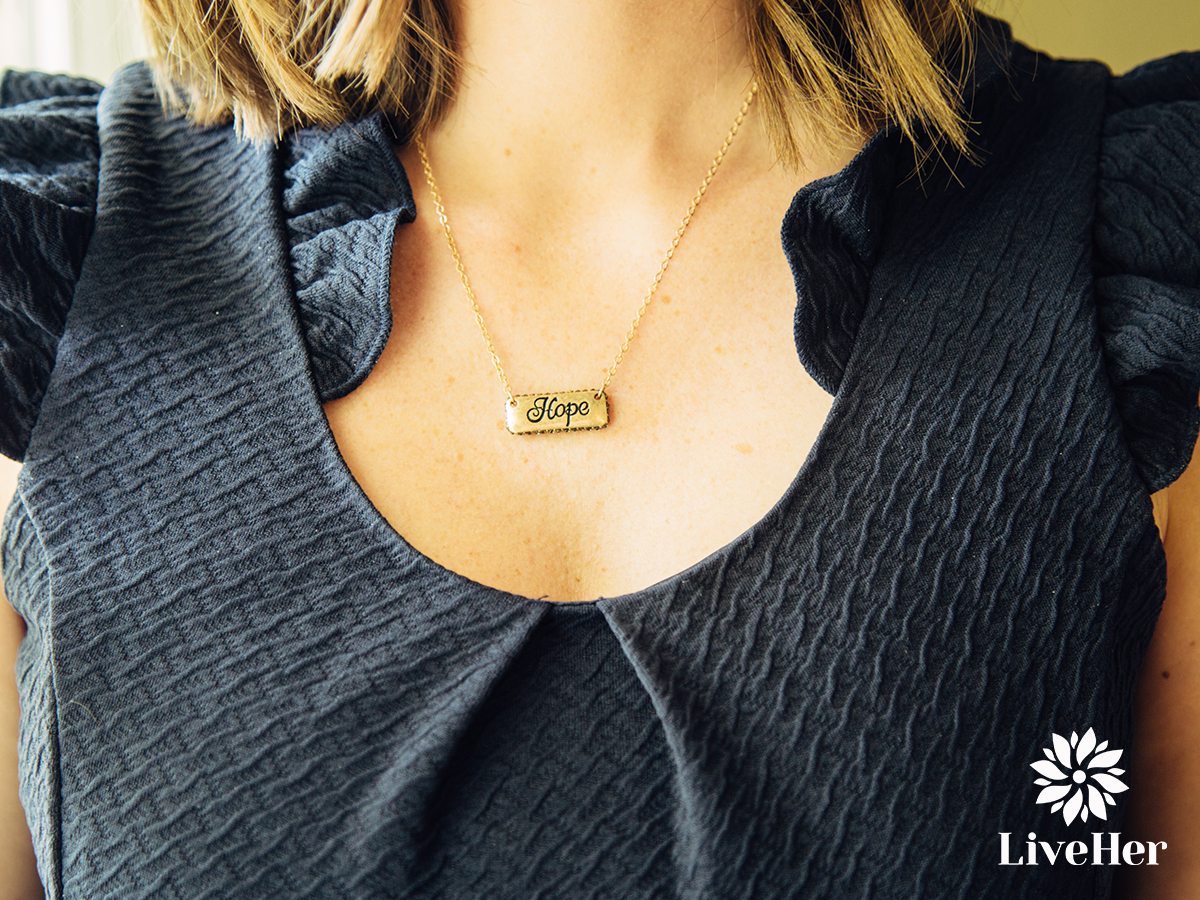
“Yes, there are ups and downs, but we collectively should celebrate the things that make us special and unique and capture those moments that make us thrive.”
What advice would you give to someone recently diagnosed?
I would say to find ways to love yourself and to connect with others who can support you. I know from experience that women, in particular, struggle with finding ways to care for themselves. It is also important to find accurate information. The unknowns make it difficult for all patients. However, now I can accept the fact that there are some things I don’t know, but it doesn’t change the way I live my life. In the end, I am still living my life!
***Are you inspired by Brandi? Let us know in the comments below and be sure to check out LiveHer to see more photographs from her current project.
This content is sponsored by Intercept Pharmaceuticals, Inc.
.jpg)
